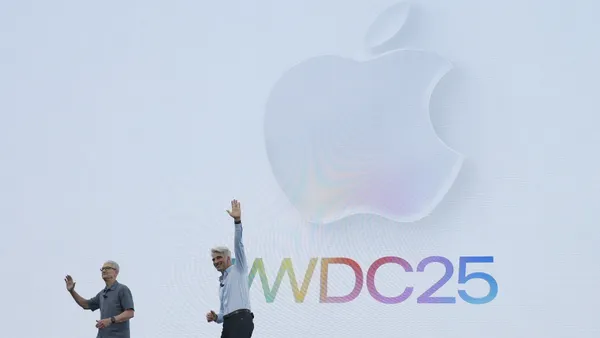Brief:
- Google parent company Alphabet reported $30.7 billion in ad revenue in Q1 2019, a 15% year-over-year increase, per an announcement. It was the fourth consecutive quarter in which ad revenue growth decreased amid competition for digital ad dollars and fewer ad clicks on YouTube.
- Overall revenue hit $36.3 billion, led by mobile search, YouTube and Cloud — a 17% increase from Q1 2018, Analysts had forecast revenue of $37.3 billion. Last month's $1.7 billion fine from European regulators that alleged Google abused its market power in internet search compressed its profit margin to 18% from 25% a year earlier. Without the fine, the company's margin was 23%.
- While the shift in online usage to mobile devices has led Google to pay billions to competitors like Apple to place ads on rival smartphones, the search giant's "traffic acquisition costs" rose only 9.1% to $6.86 billion, less than the $7.26 billion that analysts had estimated.
Insight:
Alphabet's ad revenue growth of 15% is disappointing compared with growth rate of rivals in the digital ad marketplace, such as Snapchat parent Snap (up 39%), Amazon (34%), Facebook (26%) and Twitter (18%). Social media companies' ad sales continue to outpace the broader ad market, which is forecast to rise 4.7% this year from $522 billion in 2018, according to media agency Magna.
However, maturation of the digital ad market is likely to mean slower sales growth for companies like Alphabet, which hasn't developed other major sources of revenue, such as cloud computing and smartphones. Google's Android mobile operating system powers most of the world's smartphones, but the company hasn't translated that dominance into significant licensing fees. The company doesn't report results for YouTube, which is a popular platform among young adults and cord-cutters, making comparisons with prior periods difficult for marketers who use the platform for ad campaigns.
Alphabet's comparably lackluster results may be a sign that Amazon's expansion beyond e-commerce and into digital advertising is having a bigger effect on Google than on other companies. More than half (54%) of online shoppers looking for a product begin their search directly on Amazon, compared with 46% in 2015, per researcher Jumpshot. That shift translates into a significant lost opportunity to reach online audiences.
Like Facebook, Google faces greater regulatory scrutiny as consumers fret over data privacy and competitors bridle at the dominance of the digital advertising "duopoly." Facebook set aside $3 billion to cover a fine from the Federal Trade Commission that may reach $5 billion. So far, regulatory pressures haven't impeded the revenue growth for Google and Facebook. Before Alphabet reported results, Google's share of the U.S. digital ad market was forecast to slide to 37.2% this year from 38.2% in 2018, while Facebook's share was expected to grow its share to 22.1% from 21.8% during that time, per eMarketer.
Still, Google has ambitious plans to develop technologies that will resonant with online consumers. Last month, the company unveiled its new Stadia video game platform that will let players stream games from the cloud without the need for an expensive console like a Microsoft Xbox or Sony Playstation. As cellular networks expand the availability of high-speed 5G service in the next few years and boost support for mobile gaming, Google may carve out a more significant share of the $130 billion gaming market.











